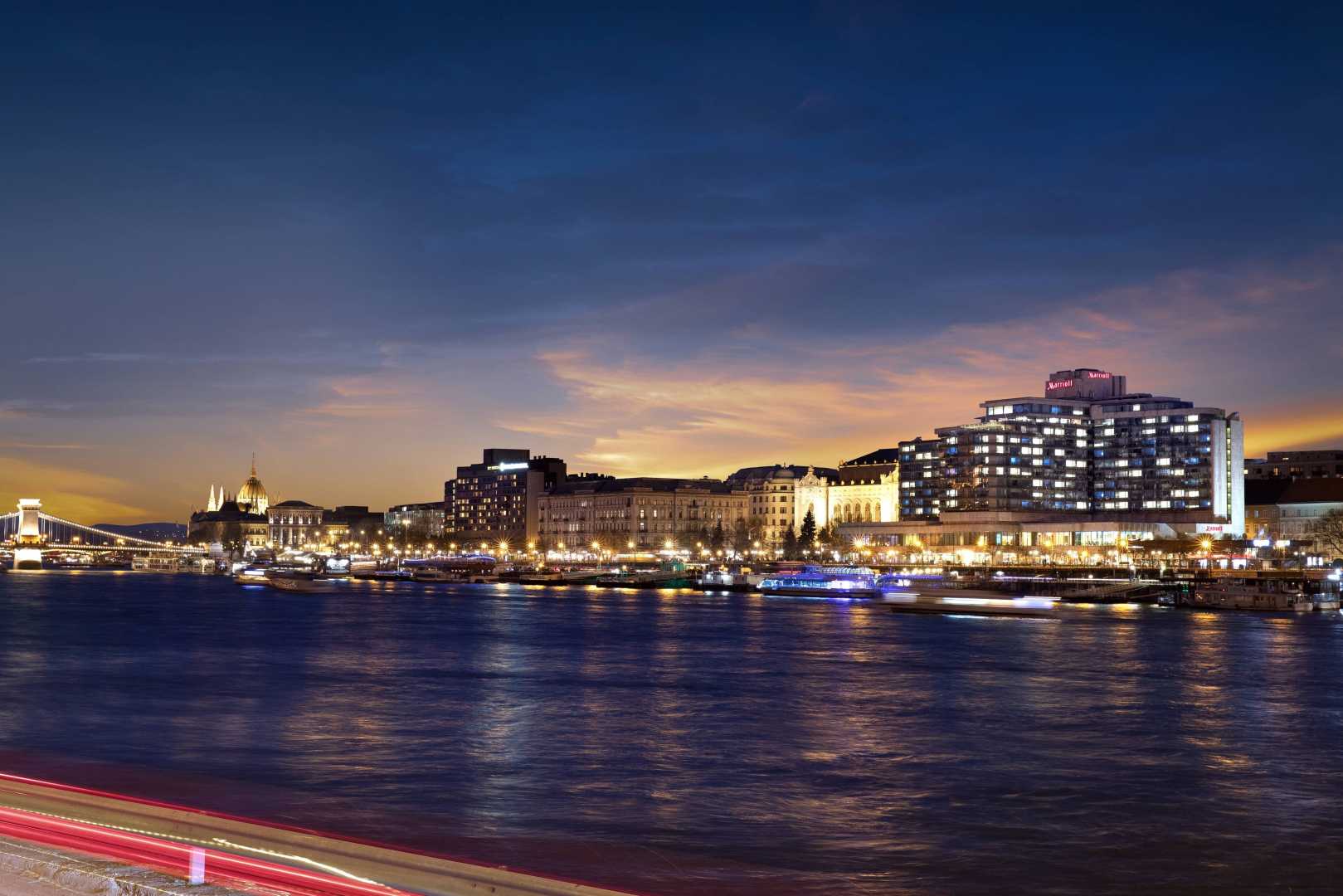World
Hungary’s Nationalist Model: Economic Decline Behind Touristic Facade

BUDAPEST, Hungary — Once celebrated as the wealthiest nation in Central Europe, Hungary now grapples with deep economic challenges that starkly contrast with its shining tourist attractions. As flashy hotels and upscale restaurants line the streets of Budapest, a new monument—a tribute to Hungary’s lost 19th-century empire—serves as a reminder of the nation’s complex past.
Hungary, maintained as a beacon of prosperity during the socialist era, now faces perceptions of being one of the poorest countries within the European Union. Recent reports show industrial production and productivity levels dropping to some of the lowest metrics in the region. Unemployment rates are on the rise, worsened by a shrinking population; two-thirds of Hungarians view their education system negatively, contributing to young people’s hesitance to start families.
Prime Minister Viktor Orbán‘s government continues to emphasize traditional values while managing a demographic crisis. Critics argue that it is a disturbing contradiction, suggesting young people are deterred from parenting in a culture beset by crumbling public services and minimal financial support for families.
Orbán maintains a notable presence in American conservative circles, hosting key Republican figures and participating in right-wing events like CPAC. He has struck a chord with American conservatives, as evidenced by claims that Hungary under his authority reflects an exemplary model of governance.
“Hungary stands as an example for conservative principles and governance,” remarked a Republican congressman at a conference in Budapest. Orbán’s approach, however, raises eyebrows among experts who see it as a form of autocratic rule rather than sound governance.
Upon his election in 2010, Orbán methodically replaced civil servants with loyalists, limited press freedoms, and undermined institutional independence. His government has faced accusations of corruption, with investigations revealing the preferential treatment of his allies through state-funded contracts.
Recent analyses highlight that as much as twenty percent of Hungary’s economy could function based on loyalty rather than merit, distorting competition and creating an environment conducive to kleptocracy. An anonymous Hungarian economist commented, “These companies do not operate under normal market principles but thrive on political favors.”
Orbán talks frequently about family values despite his government spending some of the lowest per capita amounts on healthcare in the EU and imposing regulations on reproductive technologies. This dichotomy fuels discontent among ordinary citizens who feel left behind.
In public addresses, Orbán has promised economic revival, stating, “By the end of the year, we will have inflation in single digits.” Yet, Hungary is grappling with annual average inflation exceeding 17 percent in 2023, accompanied by growth forecasts drastically missing the mark.
The climate for free speech and independent journalism in Hungary has markedly declined. A January 2024 measure drew attention when authorities targeted independent media and anti-corruption organizations critical of the government, highlighting the trend toward suppression. Despite the growing economic discontent visible through the lens of public sentiment, many tourist visitors remain unaware of the genuine struggles faced by the populace.
As Hungary’s current governmental structure continues to wrestle with the implications of its linking systems to political loyalty, analysts caution that Hungary serves as a warning for other Western democracies. American public discourse increasingly mirrors Hungarian populism, raising alarm bells about potential degradation of democratic norms and institutions in the United States.












